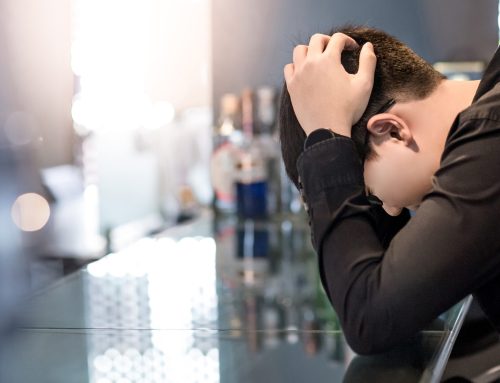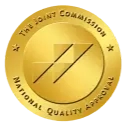
Cognitive-behavioral therapy (CBT) is the leading type of behavioral therapy today. Used to reduce depression, change negative thought patterns, and help rebuild relationships, CBT is increasingly popular in addiction treatment and recovery. Studies show that mental health is vital for long-term recovery and overall well-being.
If you or someone in your life needs mental health support, Atlanta Detox Center can help. Our Atlanta Detox Center team provides cognitive-behavioral therapy for addiction treatment and co-occurring disorders. Contact us today by calling 470-450-2355 or filling out our online form to learn more about what to expect during cognitive-behavioral therapy.
What Is Cognitive-Behavioral Therapy?
Cognitive-behavioral therapy helps clients address and change their behaviors. This is especially useful in addiction recovery. As a type of talk therapy, CBT therapists provide clients with tools to help them in daily life. CBT is evidence-based therapy. This means that CBT practices, tools, and research are constantly evaluated and adapted as science changes and grows. Because of this, CBT is adaptable and can help clients in any stage of addiction recovery.
What to Expect During CBT Sessions
Most clients meet with their CBT therapists for sixty to ninety minutes per session. During residential addiction treatment, these meetings might be every day. Later in recovery, clients meet with their therapists a few times a week or weekly. During a session, clients talk about their:
- Fears
- Emotions
- Behaviors
- Relationships
The therapist helps them recognize and understand behavioral patterns. Each week, they will give a client homework to make small steps towards a positive life change.
Because CBT is highly individualized, homework and sessions vary. For example, if a client struggles with social anxiety, a therapist may have them first imagine social situations, gradually building towards social engagement. This flexibility also allows therapists and clients to change course when strategies aren’t working or when life changes present themselves.
CBT sessions may also include family members. Cognitive-behavioral therapy is highly effective for family therapy sessions. Therapists help clients create safe and open communication, build stronger boundaries, and understand relationship dynamics. For many families in addiction recovery, CBT can help all members of the family feel heard, seen, and understood while supporting those in recovery.
What to Expect During Cognitive-Behavioral Therapy
Nearly half of people living with addiction also live with co-occurring disorders. Unfortunately, many of these disorders are undiagnosed or misdiagnosed. Anxiety, depression, bipolar disorder, and other co-occurring disorders can affect and cause addiction symptoms. One of the aspects of what to expect during cognitive-behavioral therapy is that therapists can diagnose and treat co-occurring disorders alongside addiction therapy. This holistic approach is part of what to expect during CBT helps treat the root causes of addiction rather than symptoms. This can reduce addiction symptoms and help clients understand why they use drugs or alcohol. Because CBT is a type of behavioral therapy, it’s the top choice for helping clients re-pattern habits during addiction recovery.
Cognitive-Behavioral Therapy at Atlanta Detox Center
Beginning therapy can be overwhelming. Whether you’re struggling with depression, anxiety, or addiction, CBT is therapy that really works. If you or someone in your life needs support, Atlanta Detox Center can help. Our team knows that daily stress and stress management are enormous factors in addiction recovery and co-occurring disorders. That’s why we pair stress management with traditional detox and behavioral therapy. Our trauma-informed detox clinic provides comprehensive support from detox to aftercare planning to help you and your loved ones with long-term recovery.
Find Out About What to Expect During CBT at Atlanta Detox Center
CBT in Atlanta can give people the tools they need to avoid addiction or mental health issues. Learn more about how CBT can help with addiction from our Atlanta Detox Center team today by calling 470-450-2355 or connecting with us online.







